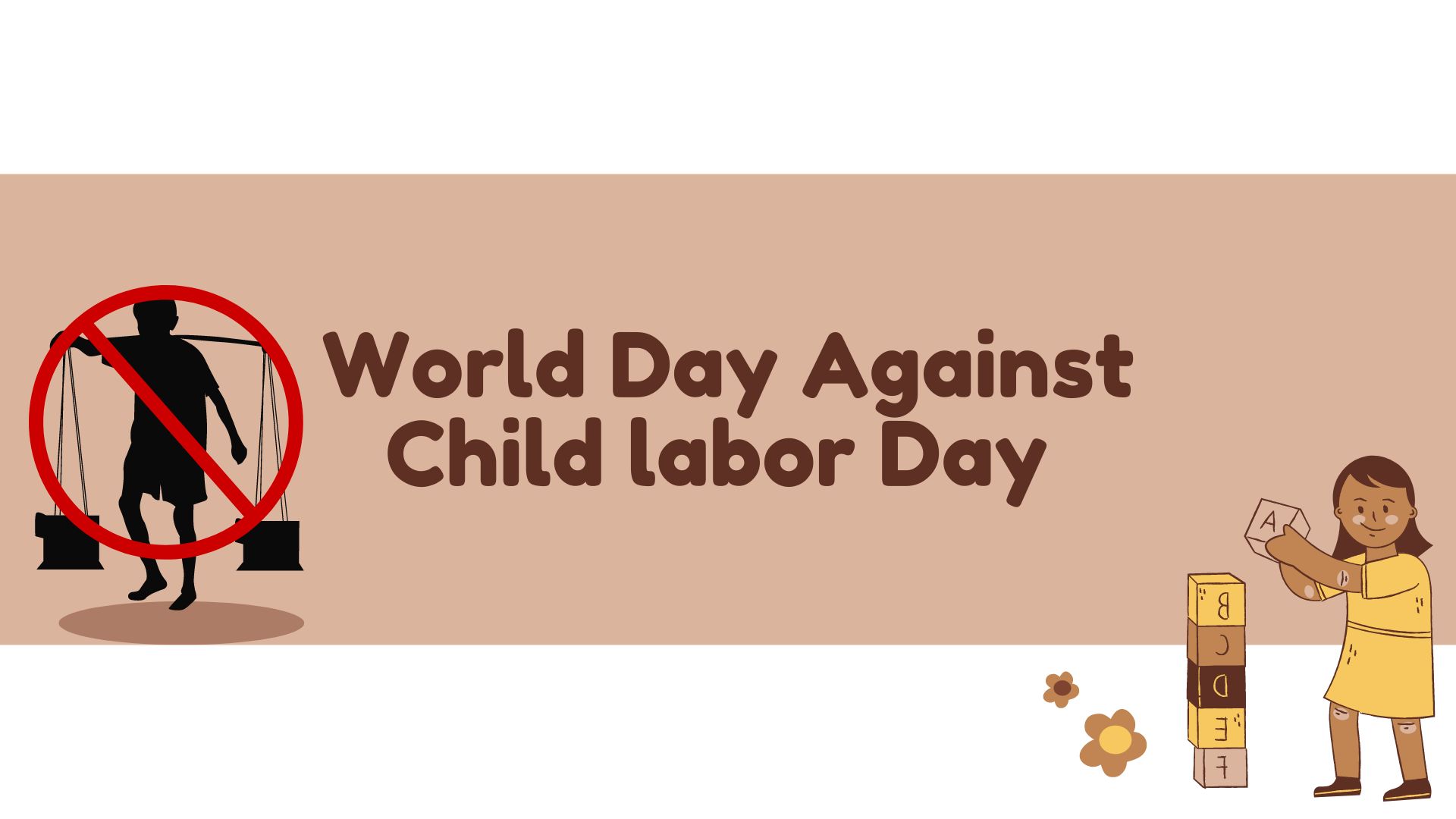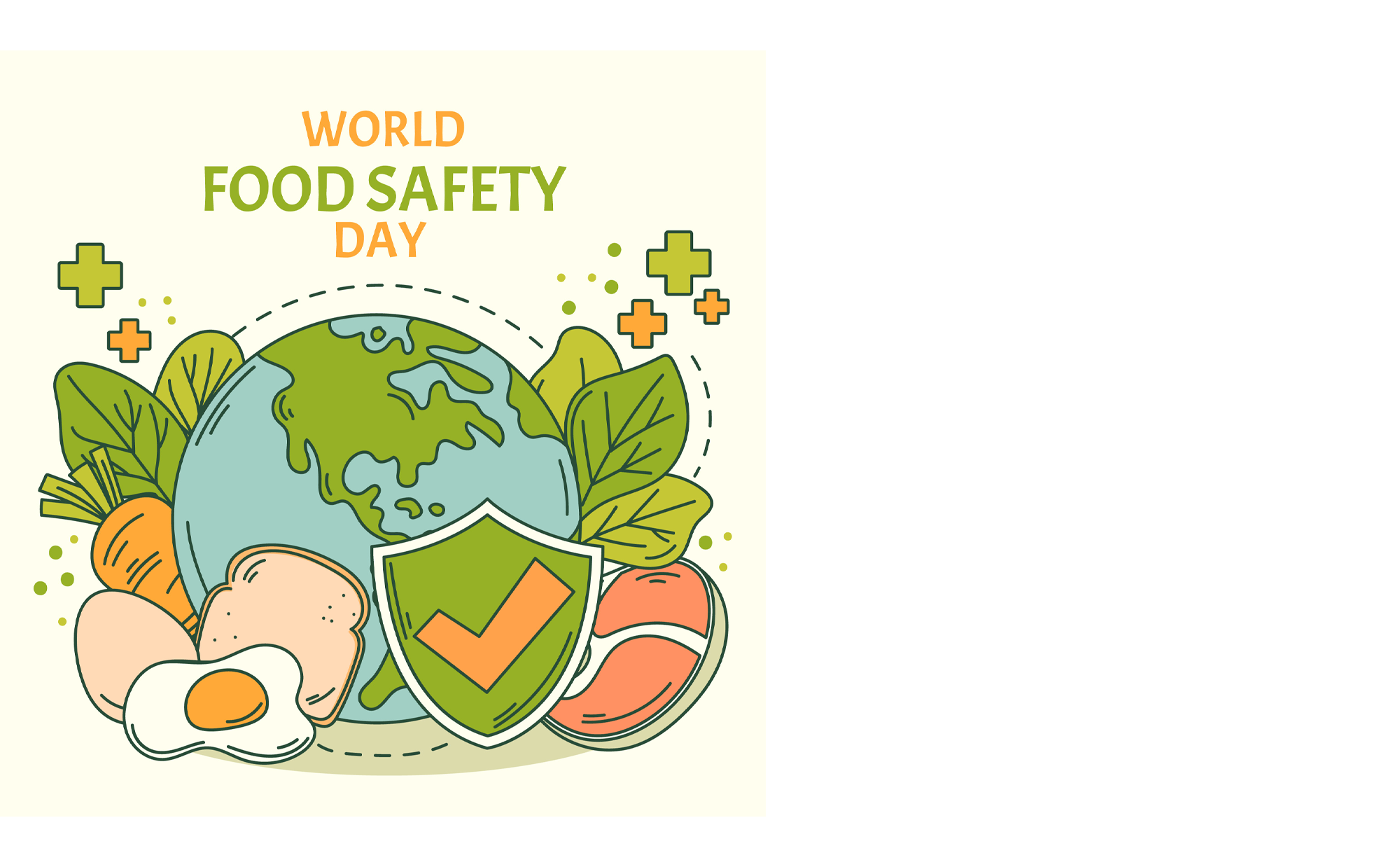Designations: Head of Market Development (Asia-Pacific) at the Forest Stewardship Council® (FSC®)
Voluntary standards and addressing deforestation risk
The EU Regulation to curb global deforestation and forest degradation (EUDR)[1] JUST became a reality.
Deforestation is a significant environmental challenge globally, and commodities like palm oil and tropical timber amongst others, remain one of its biggest drivers. A number of members in India including IDH, RSPO, and Rainforest Alliance as well as organizations engaged in the Sustainable Palm Oil Coalition for India ( I-SPOC) discussions like WRI and FSC are members of the EU Commission EUDR multi-stakeholder platform. Many of us are working to detail traceability obligations, as well as protecting indigenous peoples and empowering smallholders. As is evident through I-SPOC’s engagement, companies and consumers across the world are increasingly showing concern about the negative impacts of deforestation tied to these commodities. Over the years, this has led to the development of various standards and certifications to address deforestation risks in the production and trade of these commodities.
Standards and certifications have so far been perceived largely as tools that help companies assess their supply chain and implement sustainable practices to mitigate deforestation risks. The RSPO certification scheme, for example, bans new planting on high conservation value (HCV) areas, high carbon stock (HCS) areas, and peatlands. Companies must also implement measures to respect the rights of local communities and protect workers’ health and safety. Similarly, the FSC scheme sets standards for responsible forestry, which includes the avoidance of deforestation and the protection of endangered species and ecosystems. Certification helps increase transparency in the supply chain and provides assurance to consumers that the products they are purchasing come from sustainable sources. Certified products are therefore becoming more popular among environmentally conscious consumers, which in turn incentivizes companies to prioritize more sustainable practices and work towards achieving certification. In addition to certifications, standards such as the High Conservation Value (HCV) approach and the High Carbon Stock (HCS) approach have been developed to guide companies on identifying and managing deforestation risks in their supply chains. These standards provide guidance on identifying critical ecosystems such as high conservation value areas and forests with high carbon stock, and requiring companies to take measures to conserve them.
With recent developments like the EUDR there is a growing deliberation around the role of standards. The regulation imposes legal requirements on companies placing these products on the EU market to conduct due diligence and assess the risks of deforestation and forest degradation in their supply chains. This is a significant win for civil society organizations, especially those working together under the banner of the #Together4Forests campaign, led by WWF EU. The campaign brought together over 200 NGOs, including FSC, to call for a strong EU law against deforestation.
Certifications and standards can play a significant role in building compliance with the EUDR. The regulation at this stage, recognizes third-party certification schemes such as the Forest Stewardship Council (FSC), the Roundtable on Sustainable Palm Oil (RSPO), and others as a means of demonstrating due diligence in supply chains like palm oil, rubber and wood. The certification schemes provide assurance to EU importers that the products they are sourcing originate from sustainable and legal sources, thereby reducing the risk of deforestation in their supply chains. Robust certification schemes cannot be used to exempt companies from their due diligence obligations; at the same time, they can be key in supporting companies to assess and mitigate risks in their due diligence duties in a systematic and cost-effective way.
By supporting certification programs through their procurement activities, companies create a market incentive for producers to adopt sustainable practices and meet certification criteria, thus promoting sustainable development and responsible sourcing practices in international supply chains. In practice, certified products are generally viewed as a lower-risk option under the EUDR. This is because third-party certification provides an additional layer of assurance that the products are compliant with sustainability standards and legal requirements, thus reducing the risk of deforestation and forest degradation.
Certifications and other standards play a crucial role in addressing deforestation risks and provide impetus to companies to implement sustainable practices in their production and supply chain, improve transparency, and build consumer trust.
[1] The EU Deforestation Regulation (“EUDR”) mandates extensive due diligence on the value chain for all operators and traders dealing with certain products derived from cattle, cocoa, coffee, oil palm, rubber, soya and wood.
“NOTE: The views expressed here are those of the authors and do not necessarily represent or reflect the views of CRB.”













































































































